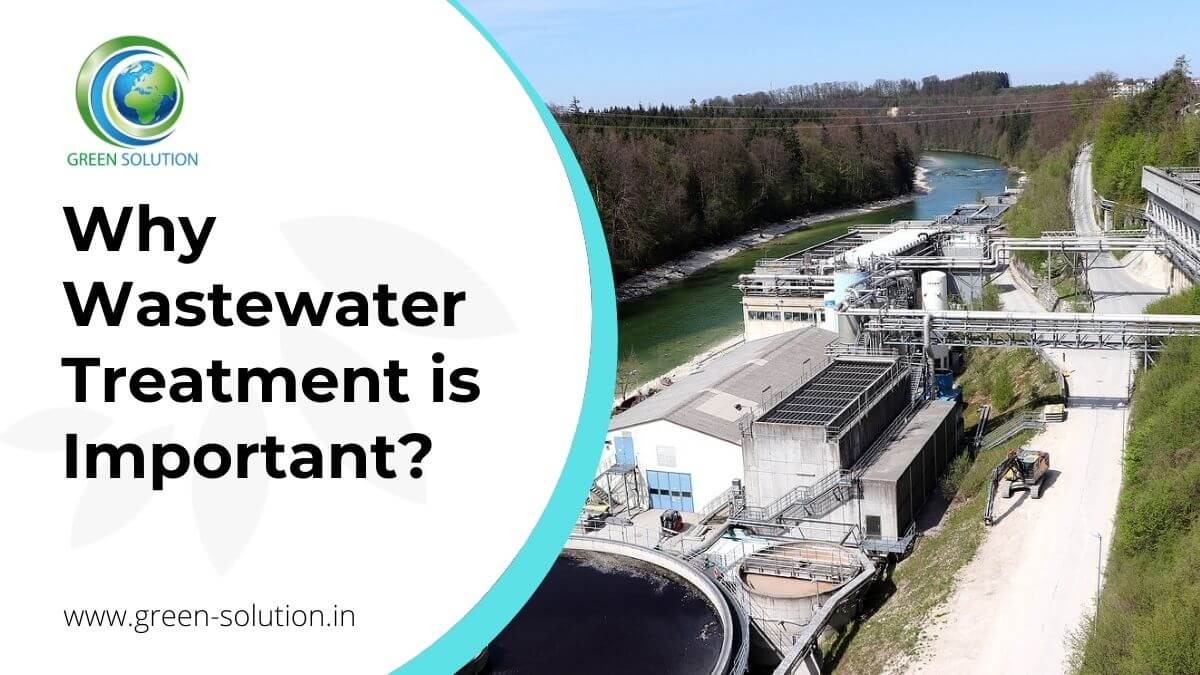How Reclaim Waste can Save You Time, Stress, and Money.
Table of ContentsGetting The Reclaim Waste To WorkThe Of Reclaim WasteThe smart Trick of Reclaim Waste That Nobody is DiscussingThe Ultimate Guide To Reclaim WasteReclaim Waste Things To Know Before You Get This
Explore the kinds, incidents, and kinds of fluid waste. Domestic sewer waste refers to the waste and items from a domestic septic system. This kind of waste is created by human beings in houses, institutions, and various other buildings. This only consists of sewage-disposal tanks that have a drainpipe area. The correct management and disposal of residential sewer waste call for fluid waste to be transferred to a sewer treatment plant where the proper approaches and tools are put on purify and deal with waste.
Business waste frequently includes possible risks, such as combustible materials or a mixture of fluid and strong waste items, and needs a much more advanced and detailed disposal procedure. The disposal of industrial waste normally involves the filtering of waste prior to transportation to make certain secure and proper disposal. Industrial waste is developed from by-products and runoff of industrial processes and manufacturing.
This sort of waste can not use the exact same sewage management transport or procedures as septic or industrial liquids. The hazardous waste management process calls for the evaluation and testing of liquid waste prior to it undergoes the disposal procedure (industrial wastewater treatment). Overflow waste is the liquid waste that originates from runoff and excess stormwater in highly populated locations or cities
Drainage waste can trigger contamination and flooding if not managed effectively. Discover more about drain cleaning and waste monitoring. Making certain correct waste administration can avoid catastrophes and minimize environmental injury. Both people in property settings and experts in commercial or manufacturing industries can gain from recognizing the procedures and guidelines of fluid waste administration.
The Basic Principles Of Reclaim Waste
Get in touch with PROS Providers today to learn concerning our waste monitoring and disposal services and the correct means to care for the fluid waste you generate.
(https://hub.docker.com/u/reclaimwaste1?_gl=1*1980ev1*_ga*MTgwOTc3Nzc2OS4xNzMxMzI1Mzkw*_ga_XJWPQMJYHQ*MTczMTMyNTM5MC4xLjEuMTczMTMyNTcwOC4xMC4wLjA.)This so-called 'wastewater' is not just a crucial resource but, after therapy, will be launched to our land, waterways or the sea. Used water from toilets, showers, bathrooms, kitchen area sinks, washings and commercial processes is recognized as wastewater.

water utilized to cool down equipment or clean plant and tools). Stormwater, a form of wastewater, is runoff that moves from agricultural and metropolitan areas such as roofings, parks, gardens, roads, paths and gutters into stormwater drains pipes, after rainfall. Stormwater streams neglected straight to regional creeks or rivers, ultimately getting to the sea.
An Unbiased View of Reclaim Waste
In Queensland, the majority of wastewater is treated at sewer therapy plants. Wastewater is delivered from domestic or industrial websites with a system of sewage systems and pump terminals, referred to as sewage reticulation, to a sewage treatment plant. Local federal governments construct, maintain and operate most sewage treatment plants. Operators are certified under the Environmental Protection Act 1994 to release treated wastewater at an appropriate ecological criterion right into rivers.
The Department of Natural Resources advises neighborhood federal governments about managing, operating and keeping sewerage systems and therapy plants. In unsewered areas, regional governments might need homeowners to set up individual or family sewage treatment systems to treat domestic wastewater from toilets, kitchens, shower rooms and washings. The Department of Natural Resources authorizes the usage of home systems when they are proven to be effective.
Most stormwater obtains no therapy. In some new subdivisions, treatment of some stormwater to eliminate litter, sand and crushed rock has begun utilizing gross toxin traps. Wastewater treatment takes place in 4 stages: Gets rid of solid matter. Larger solids, such as plastics and other objects wrongly released to drains, are eliminated when wastewater is travelled through displays.
Wastewater then flows right into huge storage tanks where solids work out and are removed as sludge. Grease and scum are skimmed from the surface area. Makes use of little living microorganisms referred to as micro-organisms to damage down and eliminate staying dissolved wastes and great particles. Micro-organisms and wastes are incorporated in the sludge. Removes nitrogen and phosphorus nutrients that might cause algal blossoms in our rivers and threaten water life.
Examine This Report on Reclaim Waste
Nutrient elimination is not readily available at all sewer therapy plants due to the fact that it calls for expensive specialised devices. Clear fluid effluent produced after treatment may still include disease-causing micro-organisms - liquid waste disposal melbourne.

The majority of wastewater moves right into the sewage system. Under the Act, local federal governments administer authorizations and permits for environmentally relevant tasks (Periods) including wastewater launches that may have a local effect.
The Reclaim Waste Ideas
Otherwise, examples are considered lab evaluation. Commonly numerous tests are required to develop the degrees of each of the various toxins such as try this out oils, hefty steels and chemicals in water. Tracking gives accurate information about water quality and can validate that permit problems are being met. The details gotten via tracking provides the basis for making water top quality choices.